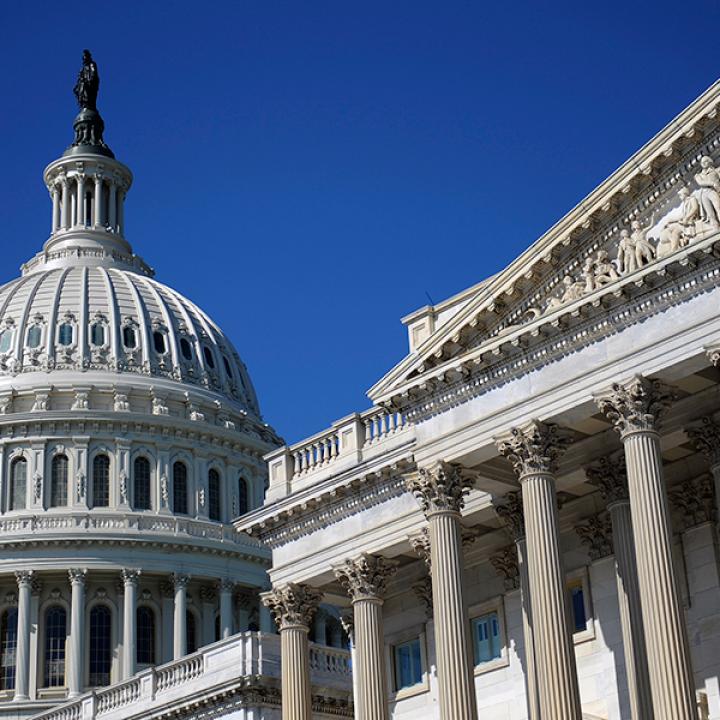

The government can move past the recent terrorist attacks and other struggles, but not if it falls back on arbitrary arrests, opaque investigations, or other tactics that failed during the Ben Ali era.
Thank you, Mrs. Chairwoman and members of the committee, for giving me the opportunity to testify today on Tunisia's transition since its election late last year -- in particular focusing on the jihadi threat to it and the Tunisian and American governments' policies in dealing with the problem. Currently, there are two main groups that are attacking the Tunisian state: an al-Qaeda in the Islamic Maghreb cut-out called Katibat Uqba ibn Nafi (KUIN), mainly based in Jebel Chaambi on the western border with Algeria, and the Islamic State, which has a safe haven in Libya as well as cells inside of Tunisia.
Since the presidential elections, there have been a number of terrorism-related activities and actions taken in response inside of Tunisia. There have been eleven publicly known terrorist attacks either claimed or believed to be conducted by KUIN and the Islamic State since December 1, 2014. In response to this as well as proactive measures done by the state, there have been twenty-one occasions of arrests of those suspected of planning attacks or being connected to attacks that had already occurred. In addition to terrorist attacks and arrests, the Tunisian military has also been involved in offensive and defensive operations against insurgents ten times in this time span. This illustrates that the threat from jihadis is very real, but also that the Tunisian state has been quite proactive in attempting to stem any more attacks whether in the form of terrorism or insurgent activity.
The Islamic State Comes to Tunisia
In mid-December last year, the Islamic State had its first overt message directed at the Tunisian state and its people. In particular, Aboubaker el-Hakim (who went by Abu al-Muqatil in the video) claimed responsibility for the assassination of Tunisia's secular leftist politicians in 2013: "Yes, tyrants, we're the ones who killed Chokri Belaid and Mohamed Brahmi." This confirmed the Ennahda-led government's accusation that el-Hakim was involved. Beyond calling for more violence and for Tunisians to remember its imprisoned brothers and sisters, he also called upon the Tunisian people to pledge baya (allegiance) to Abu Bakr al-Baghdadi, noting that they should raise the banner of tawhid (pure monotheism) high and rip the flags of Charles de Gaulle and Napoleon down (alluding to colonialism and the historically close relations between Tunisia and France).
More recently, on April 7, Abu Yahya al-Tunisi of the Islamic State's Wilayat Tarabulus (Tripoli) in Libya urged Tunisians to come join the Islamic State in Libya, the intention being to gain training and knowledge so that they will then return to Tunisia in order to establish and extend the writ of the Islamic State there. Only two days later, a new media account was created called Ajnad al-Khilafah bi-Ifriqiya (Soldiers of the Caliphate in Ifriqiya) Media Foundation. While unofficial, it was foreshadowing that the Islamic State was beginning to target Tunisia, in the same way it built up excitement and signaled a relationship with Boko Haram when it established al-Urwah al-Wuthqa (The Indissoluble Link) Media on the organization's behalf two months prior to the official pledge of baya from Abu Bakr Shekau to al-Baghdadi...
Download the PDF to read the full testimony.
House Subcommittee on the Middle East and North Africa




